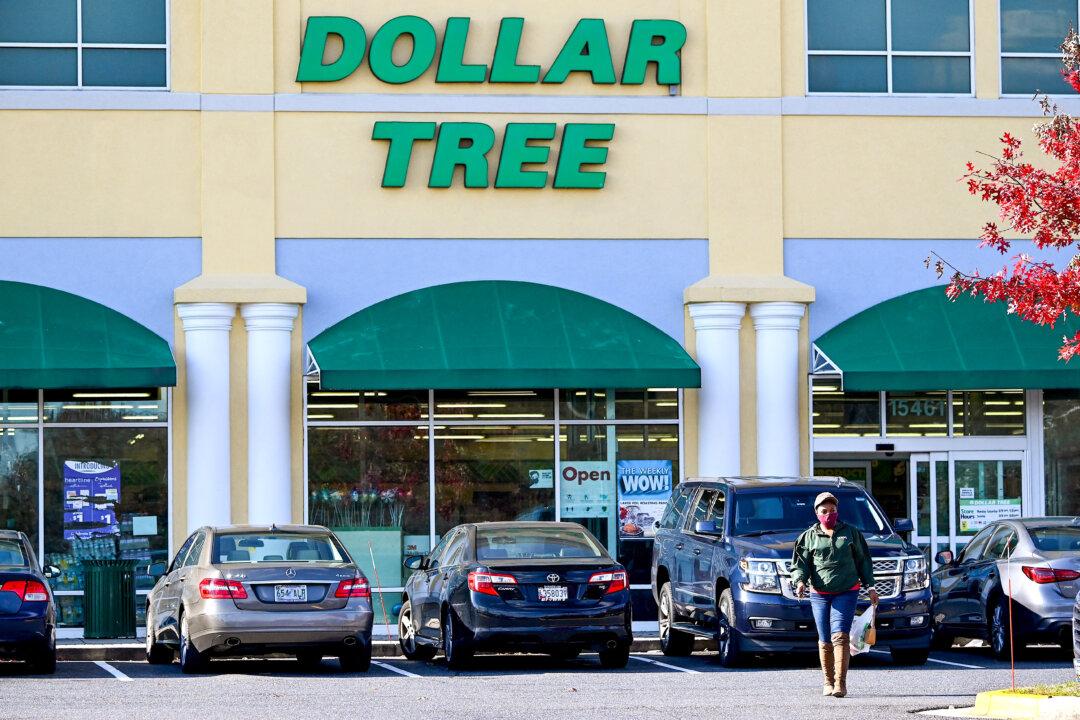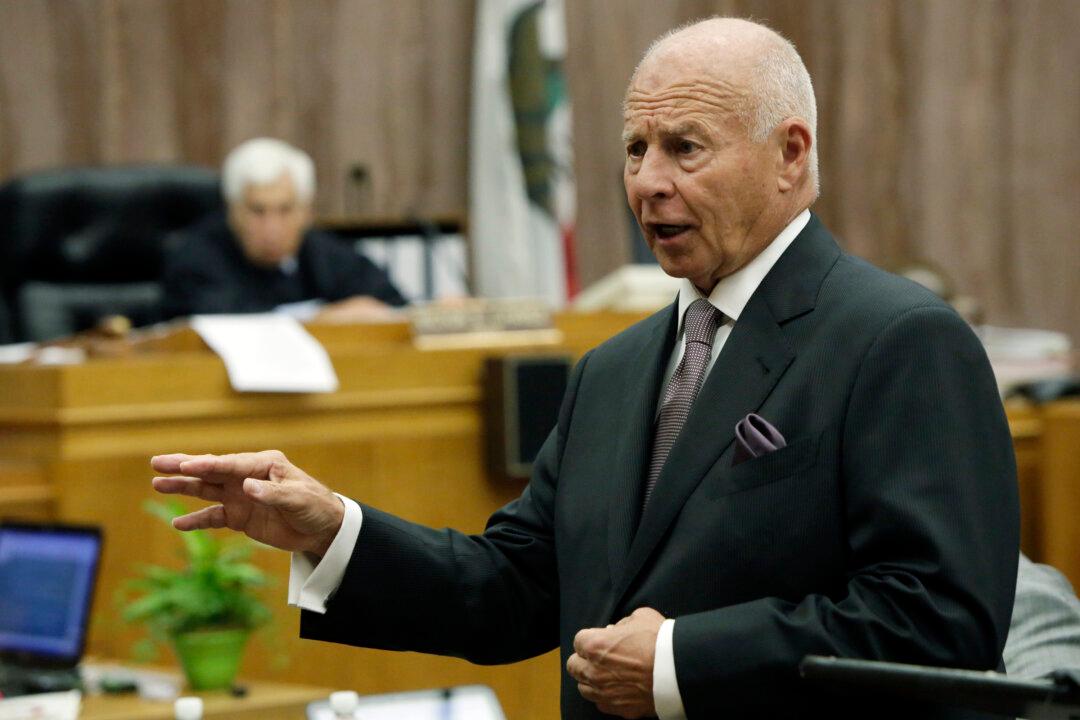Some 99 Cents Only stores across California and other states, which have undergone recent closures, will soon become part of Dollar Tree after the company announced it acquired leases for 170 of the stores.
The information emerged after a press release from Dollar Tree and will apply to stores across Arizona, Nevada, Texas, and a majority of them in California.




